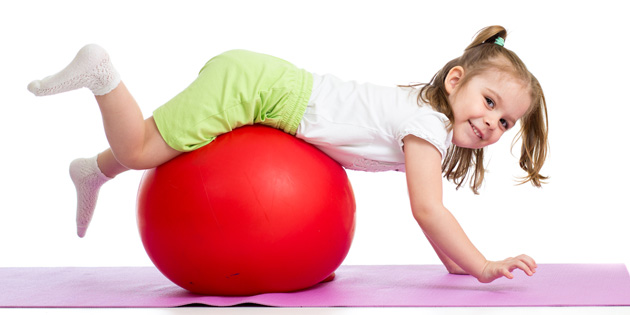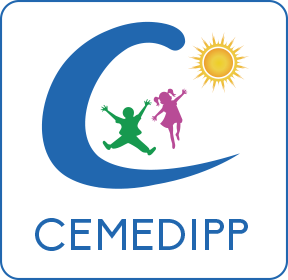
Psychomotricity focuses on prevention, screening and rehabilitation of psychomotor disorders at all stages of life.
It links soma (body) and psyche (mind). The psycho-motor therapist acts on the motor and the mental functions and / or the emotional disturbance with a work based on the body. Considering the whole person, it aims to reduce physical difficulties, but also to help the person to find a harmonious relationship with his or her body.
Psychomotor care
Psychomotor therapists perform the following professional acts:
1. Psychomotor assessment
2. Early education and psychomotor stimulation
3. Rehabilitation of psychomotor disorders :
- Psychomotor development delays from a standard usually recognized in the assessment of psychomotor skills depending on the age
- Disorders in the maturation and in the regulation of muscle tone
- Motor and gestural clumsiness and dyspraxia
- Restlessness (hyperactivity)
- Psychomotor inhibition
- Graphomotor disorders excluding rehabilitation of written language
- Disorders of body schema
- Disorders of laterality
- Disorders of the space-time organization (= difficulties to identify and organize in time and / or space)
- Psychomotor disharmony
- Tonic-emotional
- Motor retardation.
Psychomotor domains:
- Body image
- Tonus
- Laterality
- Spatiotemporal structure
- Motor coordination
- Executive functions (attention, concentration, memory)
- Graphoelements motor
4. Contribution to the treatment of intellectual disabilities, disorders of character or personality, disorders of emotional and relational regulation and disorders of the representation of the body.
